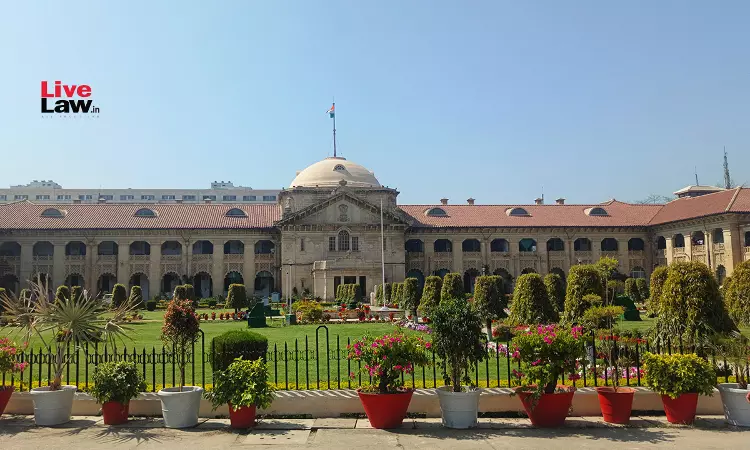Failure To Provide 'Grounds Of Arrest' Violates Article 22(1), S. 50 CrPC: Allahabad HC Directs UP DGP To Ensure Compliance Of S. 47 & 48 BNSS
Sparsh Upadhyay
15 April 2025 9:36 AM IST

Next Story
15 April 2025 9:36 AM IST
The Allahabad High Court recently quashed the arrest of a man in connection with a forgery and cheating case. It noted that neither the reasons nor grounds for his arrest were communicated in writing at the time of his arrest, violating his constitutional safeguards under Article 22(1) of the Constitution of India and the statutory mandate under Section 50 CrPC. In its order passed...
